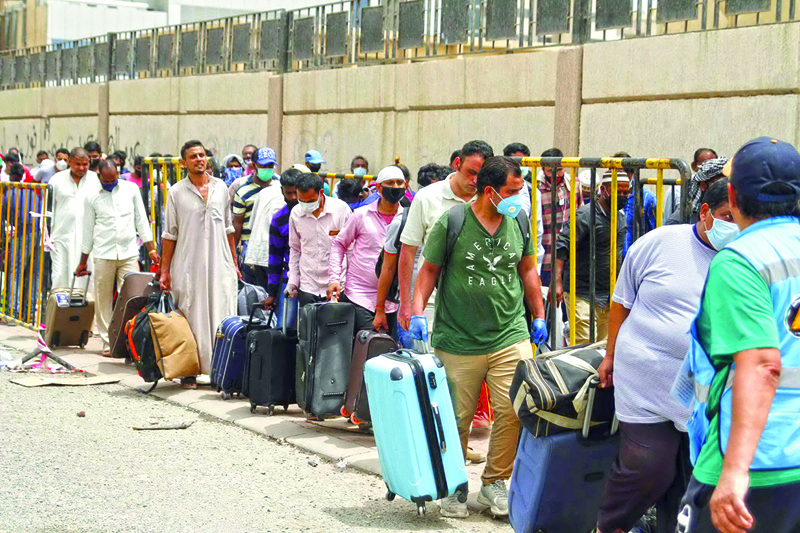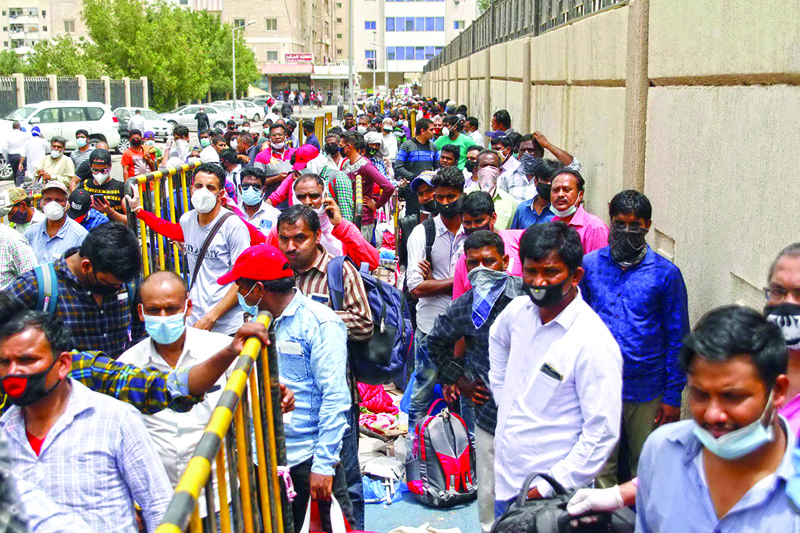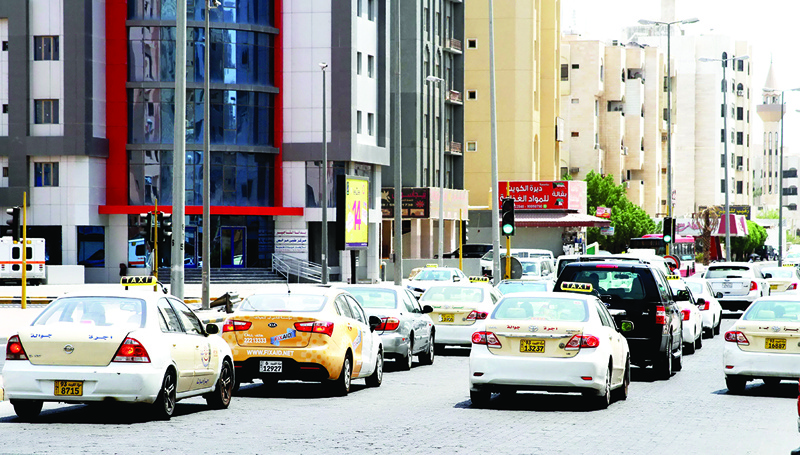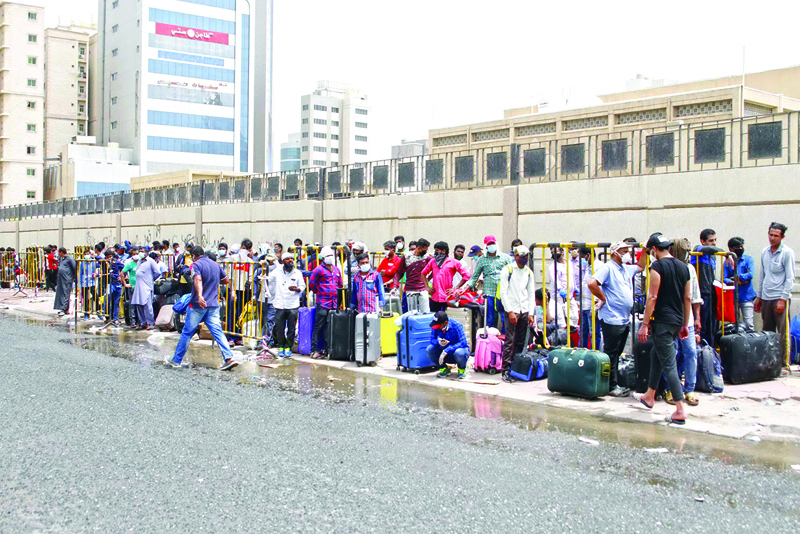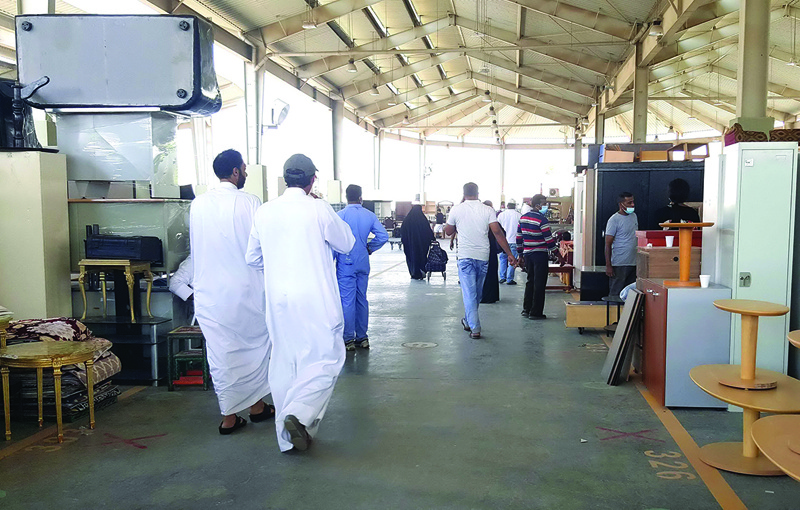By Chidi Emmanuel
After working for 24 years in Kuwait, Charley Lyon received the dreaded letter that many expats fear amid the economic downturn, coronavirus pandemic and new residency laws. Lyon is among thousands of expat workers in the government sector who were being laid off.
As part of its Kuwaitization policy, Kuwait is replacing expats with locals in the government sector. The government has also stopped issuing work permits to expats over 60 years of age without a university degree. These new rules have had a huge impact on the lives of thousands of expats in the country, leaving many with no choice but to pack their bags and leave.
Gulf countries are facing an exodus of foreign workers as the coronavirus pandemic pushes out foreign workers. In the midst of the COVID-19 and financial crunch, the National Assembly approved a draft law to slash expat numbers over the next five years.
As the budget deficit widens and economic conditions worsen, Kuwait is grappling with an economic downturn as COVID-19 continues to wreak havoc around the world. The combined shock of collapsing oil prices, the pandemic and joblessness is reshaping labor policies in the region, thus bringing anti-foreigner sentiments to the fore again.
While Kuwait's expats struggle to secure their jobs, the government is calling for an increase in workforce nationalization in government entities. "Why will foreigners take the jobs meant for us (Kuwaitis)? They can work anywhere - but not in the ministries," argued Abdullah, a 26-year-old Kuwaiti.
Buttressing Abdullah's viewpoint, Fatma, an unemployed Kuwaiti woman, complained of the difficulty in competing with foreign workers for jobs in the private sector. "Foreign workers can work longer for less, unlike us Kuwaitis. So most companies prefer to hire non-Kuwaitis. This leaves us with only one sector (the public sector). I think this is why the government introduced Kuwaitization, so as to give unemployed Kuwaitis an opportunity," she explained.
For Lyon, justice and fairness should override anti-expat sentiments. "It is understandable that ministries would give preference to locals for jobs during these tough times, but it would be fair to consider the efforts of the old staff who have put in their best to build this country," Lyon, 61, and some of his co-workers who were laid off recently lamented, as they worry about their future.
Expats make up the majority of the population of Kuwait. Residency is tied to employment and Kuwait does not easily offer citizenship routes to non-nationals. "We have been here (in Kuwait) legally for over 20 years. It will be difficult to go back and start afresh in our home countries. More so, Kuwait's residency is linked to the work permit - when you lose your job, you automatically lose your residency. I worry about my children who are still in school. The three-month notice will not be enough to relocate them," Mustapha, an Egyptian expat who recently lost his job, said in dismay.
Abdurazak Hamad, an African expat, is in a dilemma. "I feel miserable leaving my family behind. I don't want to go alone, but I can't make my wife quit her KD 450 job since she is now the sole breadwinner. Starting afresh in my home country at this age (62) will be very difficult. I wish I can get a permit (residency) to stay here with my family," said Hamad, who was recently sacked.


